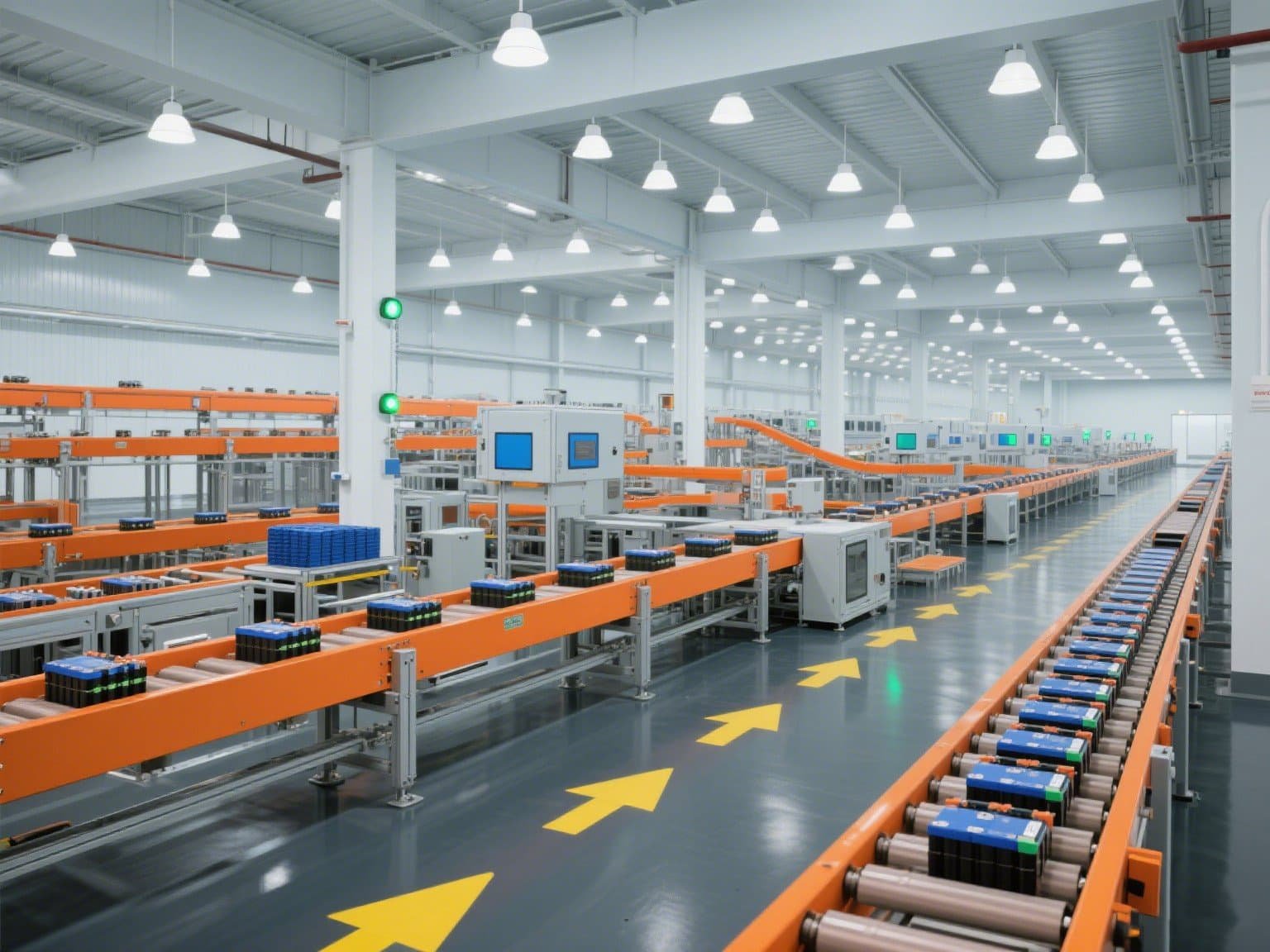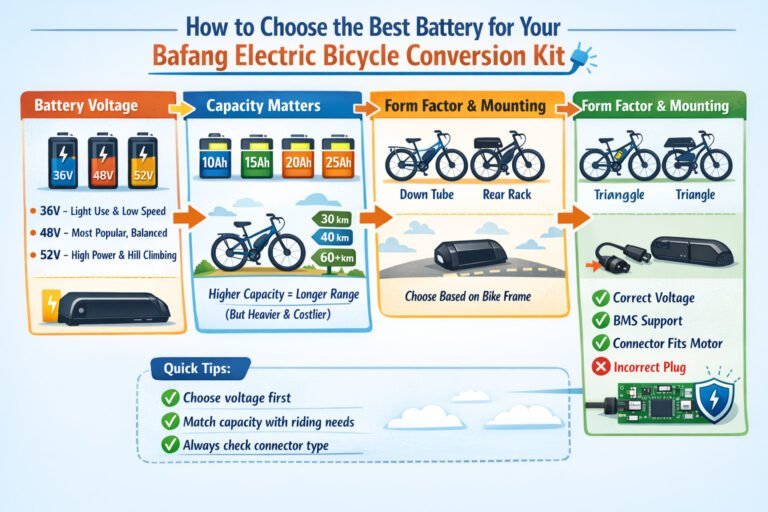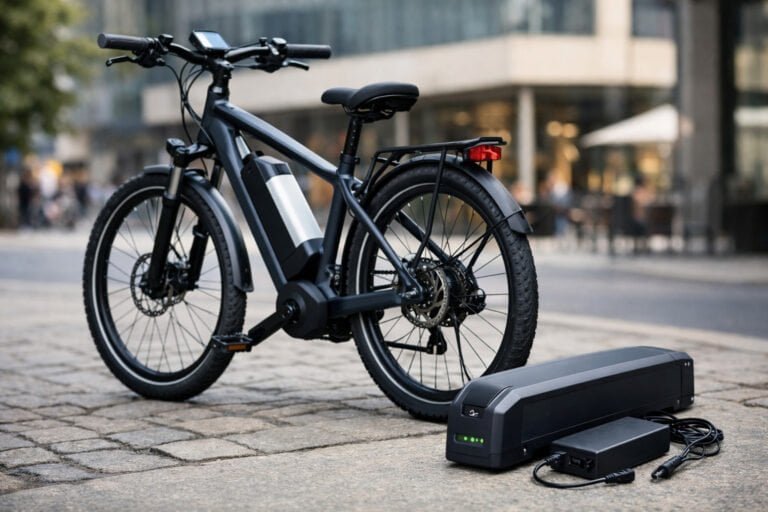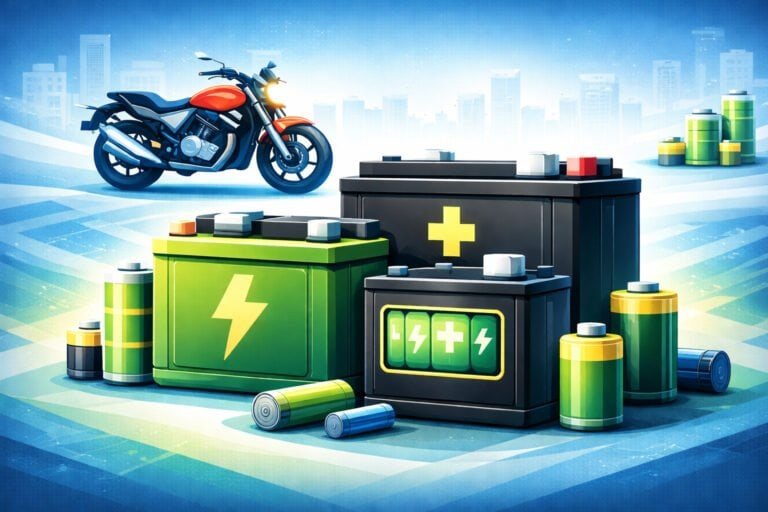Over the past decade, the golf cart industry has transformed from a niche leisure vehicle market into a booming sector supporting golf courses, resorts, gated communities, and even industrial applications. At the heart of this transformation is the battery. Once dominated by traditional lead-acid designs, the market is now led by innovative lithium-ion solutions offering longer lifespan, higher efficiency, faster charging, and eco-friendly performance.
As golf courses and consumers increasingly demand sustainable, cost-effective, and reliable power solutions, battery manufacturers have risen to the challenge. In this press release, we highlight the Top 10 Golf Cart Battery Manufacturers in 2025, companies that have shaped industry standards, driven innovation, and set benchmarks for quality and performance.
Top 10 Golf Cart Battery Manufacturers (2025)
1.Dongguan Yizhan Electronics Technology Co., Ltd.
Headquarters: Dongguan, China
Why They Stand Out:
Over the last 12 years, Yizhan has established itself as a global leader in lithium-ion battery pack solutions for golf carts, AGVs, e-bikes, and industrial vehicles. The company is known for its custom battery solutions, robust R&D capabilities, and international certifications such as UL, EN, and RoHS.
Key Innovations:
- Smart BMS for real-time monitoring and protection.
- Enhanced casing and waterproofing for outdoor golf cart environments.
- Exporting to North America, Europe, and Asia.
Impact:
Yizhan is recognized for providing affordable yet high-quality lithium batteries that extend the driving range of golf carts and reduce maintenance costs, making them one of the most trusted Chinese suppliers in this field.

2. Trojan Battery Company
Headquarters: Santa Fe Springs, California, USA
Why They Stand Out:
Trojan is one of the most iconic names in the battery industry, particularly for deep-cycle batteries. While the company built its reputation on lead-acid models, it has successfully shifted to lithium-ion in recent years.
Key Innovations:
- Introduction of the Trillium™ line of lithium-ion batteriesdesigned for golf carts.
- Advanced battery monitoring systems for predictive maintenance.
Impact:
Trojan batteries are trusted across golf courses worldwide, known for durability, long cycle life, and consistent performance.
3. Crown Battery
Headquarters: Fremont, Ohio, USA
Why They Stand Out:
Crown has over 90 years of experience in battery manufacturing. Known for heavy-duty and industrial-grade performance, Crown batteries are widely used in golf carts across the US and international markets.
Key Innovations:
- Enhanced deep-cycle lead-acid batteries with longer service life.
- Growing lithium-ion product portfolio for modern golf carts.
Impact:
Crown is praised for its reliability and service network, making it a top choice for golf courses seeking long-term battery solutions.
4. East Penn Manufacturing (Deka Batteries)
Headquarters: Lyons Station, Pennsylvania, USA
Why They Stand Out:
East Penn is one of the world’s largest privately-held battery manufacturers. Its Deka brand is synonymous with premium golf cart batteries.
Key Innovations:
- Advanced AGM (Absorbent Glass Mat) technology.
- Development of lithium-ion options for fleet and recreational golf carts.
Impact:
With strong OEM partnerships, East Penn batteries are integrated into many new golf carts sold in North America and Europe.
5. RELiON Battery (Now a Navitas Company)
Headquarters: Charlotte, North Carolina, USA
Why They Stand Out:
RELiON specializes in lithium batteries and has quickly become a global player in the golf cart sector. In 2021, RELiON was acquired by Navitas Systems, further strengthening its R&D power.
Key Innovations:
- Lithium Iron Phosphate (LiFePO4) chemistry for safety and long cycle life.
- Lightweight modular designs that fit into standard golf cart compartments.
Impact:
RELiON has become a preferred choice for lithium conversions, helping golf cart owners transition from lead-acid to lithium.
6. Exide Technologies
Headquarters: Milton, Georgia, USA (Global operations)
Why They Stand Out:
Exide has been a household name in battery manufacturing for decades, offering a broad portfolio from automotive to industrial batteries.
Key Innovations:
- Strong focus on recycling and sustainabilityin battery production.
- Advanced AGM and gel battery technologies for golf carts.
Impact:
Exide batteries are known for their value and accessibility, widely available in both domestic and international markets.
7. Johnson Controls (Clarios)
Headquarters: Milwaukee, Wisconsin, USA
Why They Stand Out:
Johnson Controls, now operating its battery business under the brand Clarios, remains one of the largest battery producers globally.
Key Innovations:
- Smart energy storage systems.
- Lithium-ion integration for electric vehicles and golf carts.
Impact:
Clarios leverages its global supply chain and technology base to remain a competitive player in the golf cart market.
8. Samsung SDI
Headquarters: Seoul, South Korea
Why They Stand Out:
Samsung SDI is a global powerhouse in lithium-ion technology. While best known for consumer electronics and EV batteries, its modules and cells are widely integrated into third-party golf cart battery packs.
Key Innovations:
- High-energy-density lithium cells.
- Advanced thermal management systems.
Impact:
Samsung SDI provides the backbone technology for many golf cart battery manufacturers worldwide.
9. LG Energy Solution
Headquarters: Seoul, South Korea
Why They Stand Out:
LG Energy Solution, a spinoff from LG Chem, is one of the top three global lithium-ion manufacturers. Its batteries are used in EVs, energy storage, and golf carts.
Key Innovations:
- Industry-leading cell energy density.
- Long lifespan lithium modules adaptable for golf carts.
Impact:
LG batteries support OEM and aftermarket golf cart battery pack providers, ensuring strong performance and reliability.
10. Panasonic Energy
Headquarters: Osaka, Japan
Why They Stand Out:
Panasonic is a pioneer in lithium-ion technology and a key partner with Tesla. While its focus is on EVs, its cells are often used in premium golf cart lithium packs.
Key Innovations:
- High-capacity 21700 cells.
- Continuous research in energy density and safety.
Impact:
Panasonic’s global reputation ensures its batteries remain in demand for premium golf cart upgrades and conversions.

Key Market Trends in Golf Cart Batteries
The Shift from Lead-Acid to Lithium-Ion
In 2015, most golf carts ran on lead-acid batteries. Today, lithium-ion dominates new installations, thanks to advantages such as faster charging, longer lifespan, and lighter weight.
Growing Demand in Lifestyle & Community Transport
Golf carts are no longer confined to golf courses. Communities, resorts, airports, and factories are adopting golf carts as eco-friendly local transport, boosting demand for reliable batteries.
Integration of Smart BMS
Modern golf cart batteries feature intelligent monitoring systems, giving users real-time data on charge, temperature, and performance.
Sustainability & Recycling
With environmental regulations tightening, manufacturers are focusing on recyclable materials, low-carbon production, and closed-loop recycling systems.
The Future Outlook (2025–2030)
- Lithium Will Dominate:By 2030, lithium-ion batteries are expected to account for over 90% of golf cart battery sales.
- Solid-State Batteries:Research into solid-state technology could revolutionize golf cart batteries, offering even greater energy density and safety.
- Customization:More fleets and private users will demand tailored battery packs, a trend that companies like FirstPower and RELiON are already addressing.
- Sustainability First:Eco-friendly production, recycling programs, and reduced carbon footprints will shape the industry.
The last decade has seen an impressive evolution in golf cart battery technology, with manufacturers transitioning from traditional lead-acid to cutting-edge lithium-ion solutions. Companies like Yizhan, Trojan, and RELiON have led the way with innovation, quality, and sustainability, while global giants like Samsung SDI, LG, and Panasonic provide the technological backbone for many suppliers.
As the golf cart market continues to grow beyond golf courses and into daily community and industrial life, these battery manufacturers will remain at the forefront, ensuring cleaner, smarter, and more efficient mobility solutions for the next generation.







